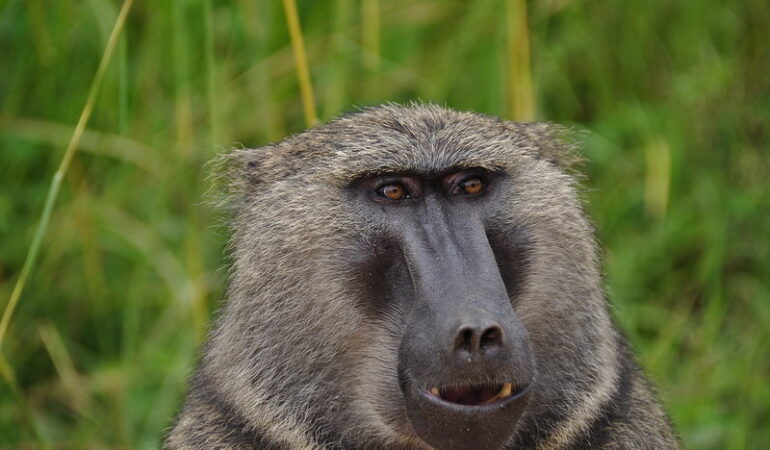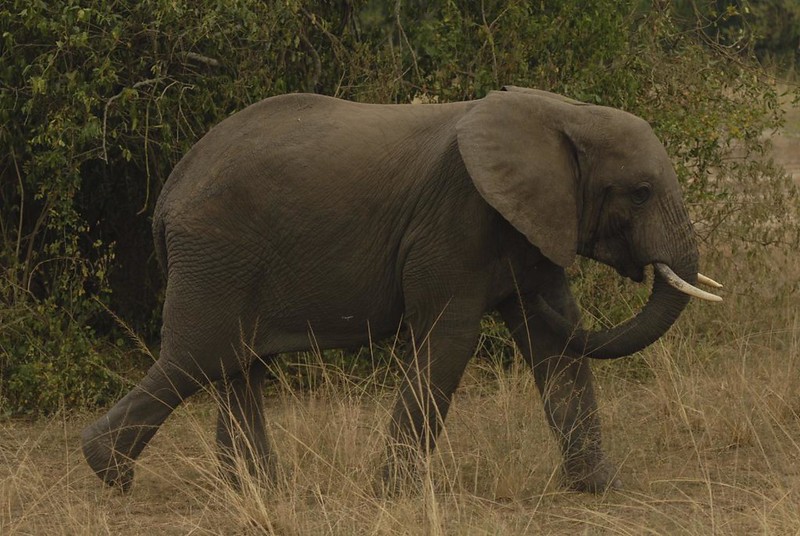
July 31, 2024
Uganda, often dubbed the “Pearl of Africa,” is a haven for wildlife enthusiasts, nature lovers, and adventure seekers. With its stunning landscapes, diverse wildlife, and friendly people, Uganda offers an unforgettable safari experience. However, when planning a budget safari in Uganda, understanding what’s included and what’s not can help you manage your expectations and finances effectively. Let’s dive into the details to ensure you have a clear picture of the costs involved in a Uganda budget safari.
1. Understanding the Basics
A budget safari in Uganda can be incredibly rewarding, but it requires careful planning to ensure you get the best value for your money. Here’s a breakdown of the typical components of a budget safari:
- Accommodation: Ranges from campsites to budget lodges. Options include basic tents, community campsites, and simple lodges with basic amenities.
- Transportation: Often involves shared 4×4 vehicles or minibuses. Some tours include pickups from Entebbe or Kampala, while others may require additional transport arrangements.
- Park Fees and Permits: These are essential costs and vary by park and activity.
2. What’s Included in a Uganda Budget Safari?
When you book a budget safari, certain inclusions are standard to ensure you have a smooth and enjoyable experience:
Accommodation
- Example: A stay at Buhoma Community Rest Camp or a simple tented camp in Queen Elizabeth National Park.
Transportation
- Shared 4×4 Safari Vehicle: Typically, these are well-maintained vehicles with pop-up roofs for wildlife viewing. They are usually shared with other travelers to keep costs low.
- Fuel and Driver/Guide: The cost of fuel and a professional driver/guide who is knowledgeable about the wildlife and terrain.
Park Entry Fees
- Essential for Entry: Park fees are mandatory and contribute to the conservation of Uganda’s wildlife and habitats.
- Examples: Bwindi Impenetrable National Park, Queen Elizabeth National Park, and Kibale Forest National Park have varying fees.
Gorilla Trekking Permits (If Included)
- Gorilla Tracking Experience: For those opting for a gorilla trekking safari, permits are a crucial part of the package. Budget safaris often include these permits at the standard rate.
- Cost: As of now, gorilla permits in Uganda cost $800 per person.
Meals
- Basic Meals: Most budget safari packages include breakfast, lunch, and dinner. These are typically simple, locally-sourced meals that offer a taste of Ugandan cuisine.
- Local Cuisine: Dishes often include beans, rice, posho (maize porridge), and fresh vegetables, alongside occasional meat dishes.
Guide Services
- Expert Guides: Experienced guides who not only drive you around but also provide insightful commentary on the flora, fauna, and culture of Uganda.
- Safety and Information: Guides are trained to ensure your safety and enhance your wildlife viewing experience with their knowledge.

3. What’s Not Included in a Uganda Budget Safari?
While budget safaris are designed to offer great value, some costs are typically not included. Here’s what you should be aware of:
International Flights
- Travel to Uganda: The cost of flights to Entebbe International Airport is not included. It’s essential to book your flights separately.
Visa Fees
- Entry Requirements: Visas are required for most travelers. The current fee is around $50 for a single-entry visa for most nationalities.
Personal Expenses
- Souvenirs and Extras: Items like souvenirs, tips for guides, and personal expenses are not covered. It’s good to have some extra cash for these.
Alcoholic Beverages
- Drinks and Extras: Alcoholic drinks and other beverages are generally not included in the package price. Local beers and soft drinks can be purchased separately.
Optional Activities
- Extras: Activities such as boat cruises, cultural visits, or additional game drives are usually optional and come at an extra cost.
- Example: A boat safari on the Kazinga Channel in Queen Elizabeth National Park or a community tour in the Bwindi region.
Travel Insurance
- Essential Coverage: While highly recommended, travel insurance is not typically included. It’s important to have coverage for medical emergencies, trip cancellations, and lost luggage.
4. Tips for Saving on Your Uganda Budget Safari
Planning a budget safari in Uganda is all about making smart choices. Here are some tips to help you save without compromising on your adventure:
Travel in a Group
- Shared Costs: Traveling with a group can significantly reduce the cost per person. Group tours often offer discounts on accommodation, park fees, and transportation.
Choose Budget Accommodation
- Affordable Lodges and Campsites: Opt for community-run campsites or budget lodges. These not only save you money but also support local communities.
Travel During the Off-Season
- Lower Rates: The rainy season, from March to May and October to November, is less crowded and cheaper. You can find great deals on accommodation and permits during these months.
Book in Advance
- Secure Your Spot: Booking your safari well in advance often secures better rates on permits, accommodation, and transportation. It also ensures you get the dates and locations you prefer.
Combine with Other Activities
- Multi-Activity Packages: Consider combining your safari with other activities like white-water rafting on the Nile or visiting the source of the Nile. Many tour operators offer package deals that include multiple experiences.
A budget safari in Uganda is not just about saving money; it’s about experiencing the beauty and wonder of Africa’s wildlife and landscapes in a meaningful way. By understanding what’s included and what’s not, and by making smart choices, you can enjoy a fulfilling safari adventure without breaking the bank.
Ready to embark on your affordable Uganda safari? Contact us today to start planning your journey. The wilds of Uganda are calling, and your adventure of a lifetime awaits!



